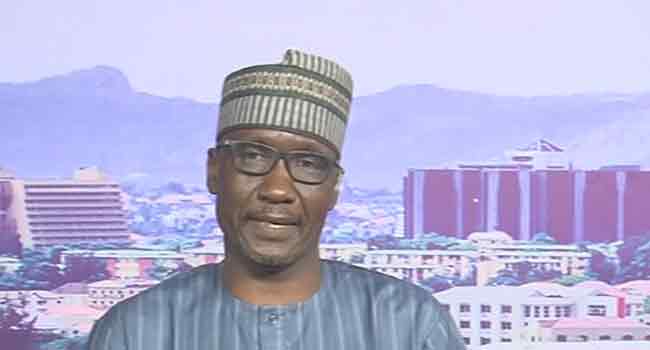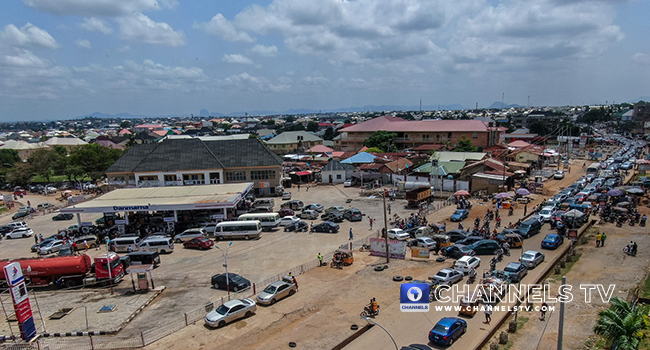
The General Manager, Crude Oil Marketing of the Nigerian National Petroleum Corporation, Mr Mele Kyari, has attributed the lingering fuel scarcity to panic buying arising from a rumoured increment of fuel price.
Mr Kyari explained that there was no gap in supply as the NNPC has played its part in ensuring that petroleum products were being supplied.
“It started with a very smiled rumour that there will be an increase in pump price of petroleum products and that led to panic buying,” he said on Friday while appearing on Channels Television’s Sunrise Daily.
“People go to the (filling) stations to buy products that they don’t need. People who normally buy N2,000 worth will now buy N10,000 worth.
“And people will now rush to buy products into their cars and back to their homes to hoard and to expect that the products will not come again.
“There are people who take advantage of this situation and take products to locations that are not accessible,” he said.
The NNPC boss further explained that the deliberate hoarding of large quantities of petroleum products by individuals and corporate bodies affected the hauling plans of the corporation.
He cited the visit he and the NNPC Group Managing Director, Mr Maikanti Baru made to some stations in Abuja, the nation’s capital where it was observed some products were hoarded.
He added, “During the GMD’s visit to some locations yesterday (Thursday), there are a number of locations which are hoarding up to 36,000 litres of products.
“So that creates a haul in your supply scheme. And that haul means people actually consume or take away five days of supply in one day.
“That haul needs to be plugged in. You will, therefore, see what seem like there is a supply gap in the system.”



